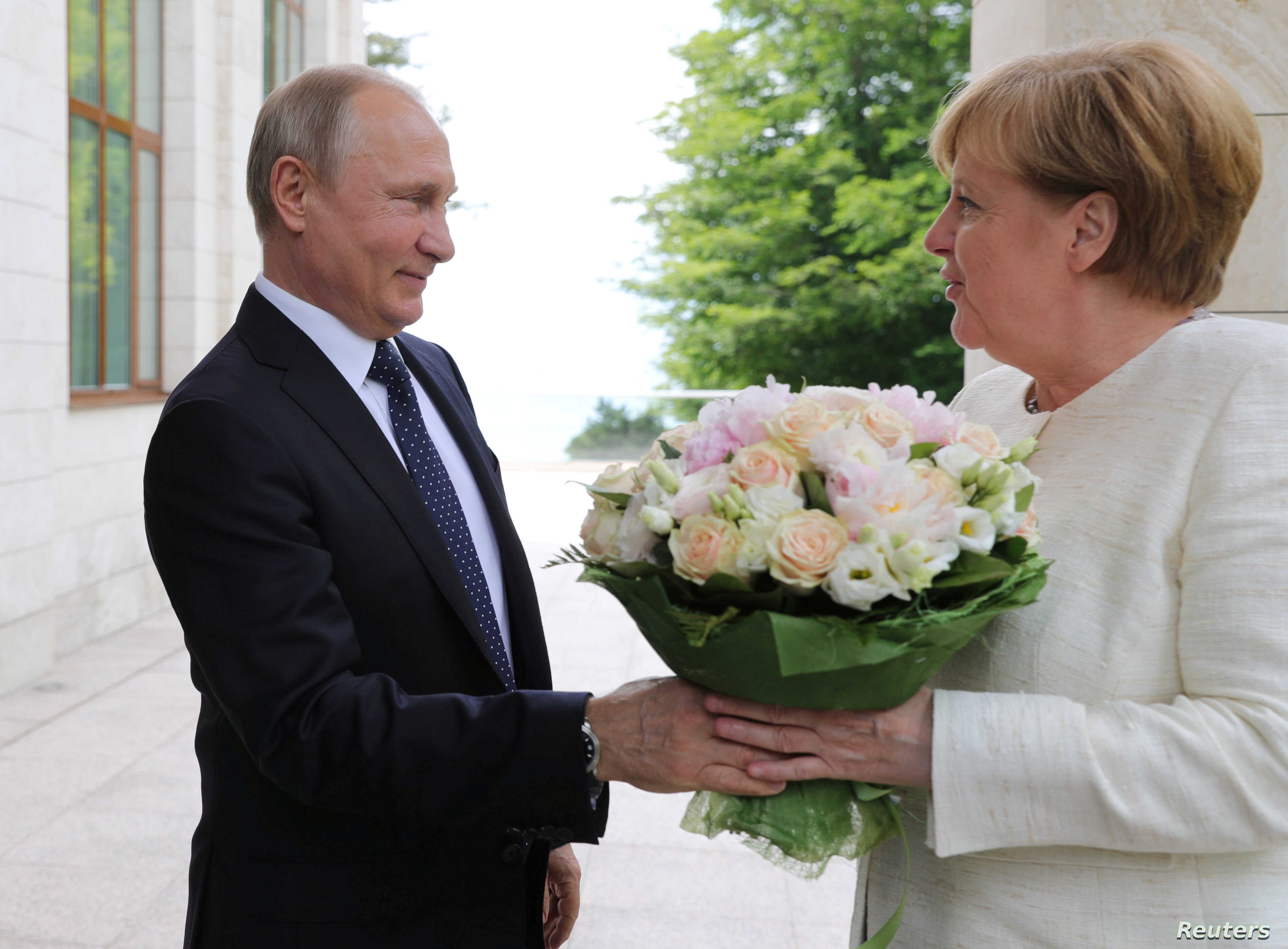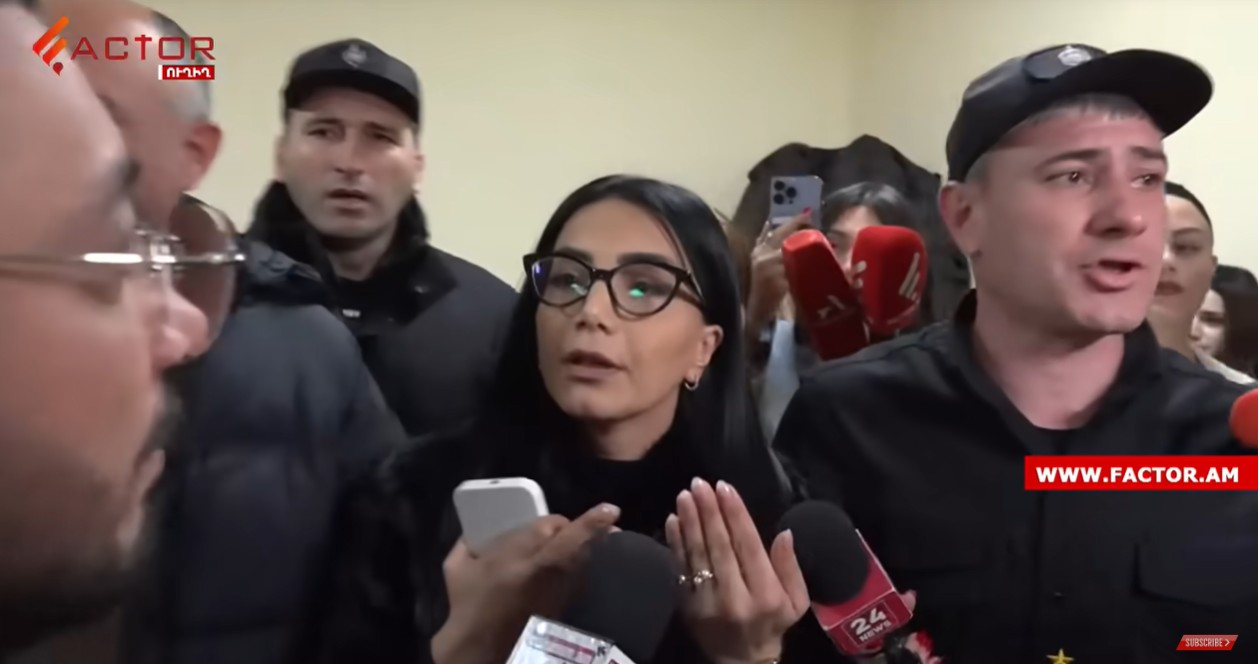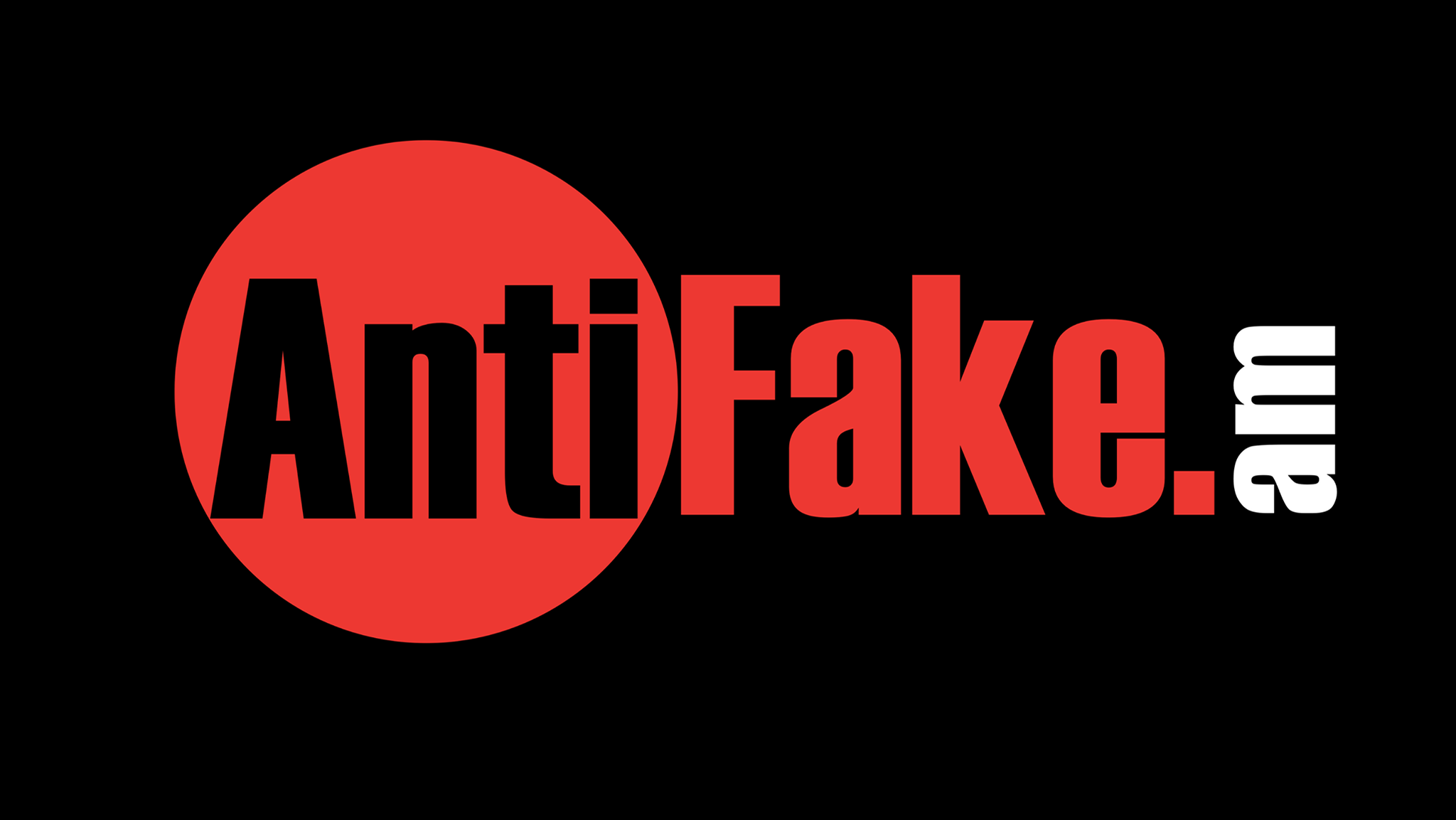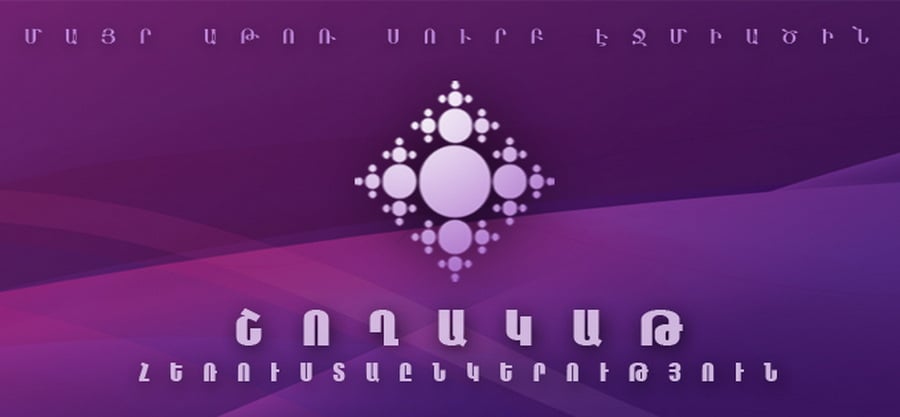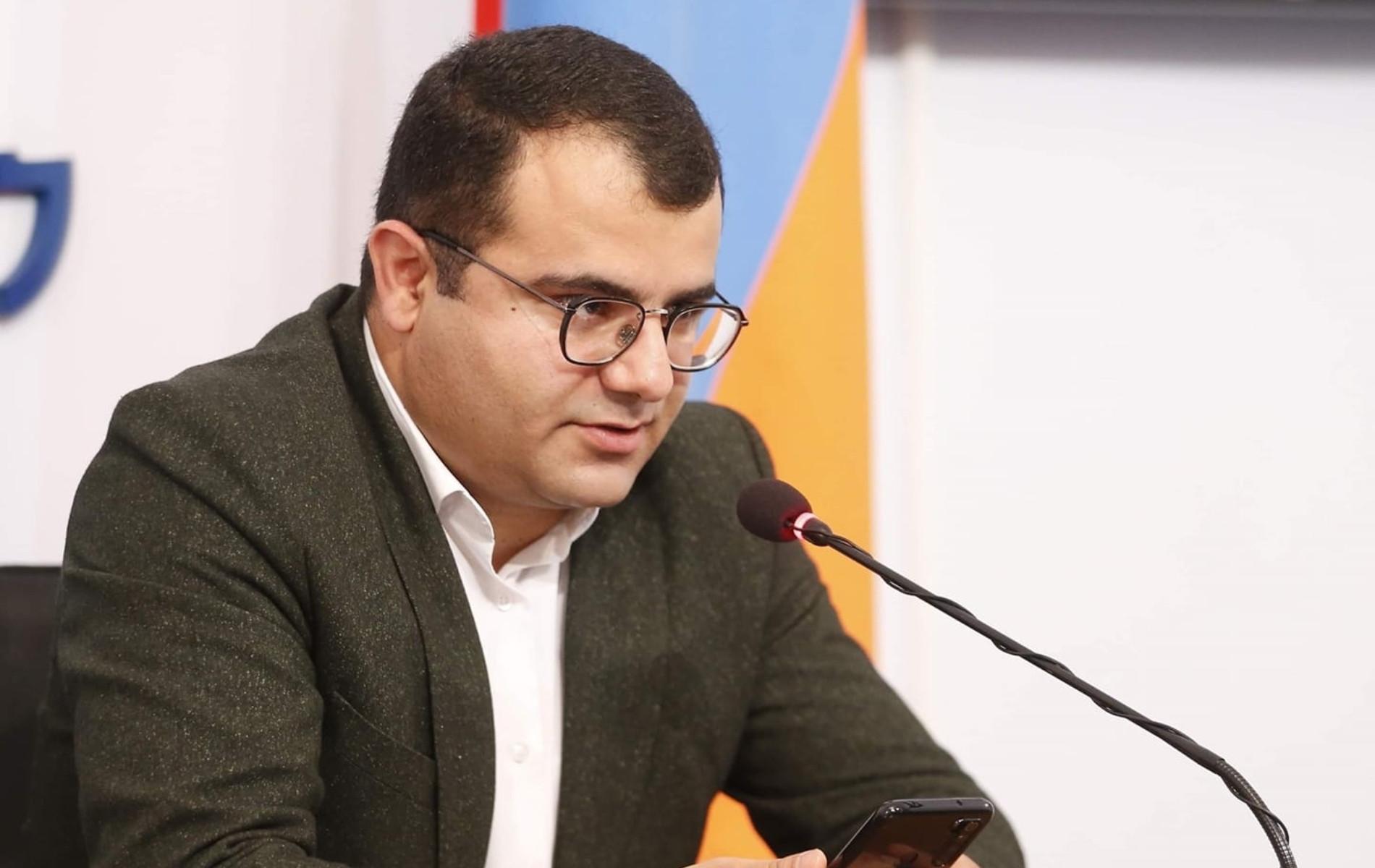“…Merkel continues to act as a petitioner in front of Putin. ‘Do something to save us from Erdoghan and his migrants.’” Irrespective of the context and the behind-the-lines, it is difficult to believe that such a sentence could be true unless it is under a humorous heading. However, it is quoted from an article on the first page of the issue of 10 March of the newspaper Iravunq under the headline ‘And again Pashinyan failed to reciprocally justify the high level of trust.’ Normally direct speech is cited in quotes as proof of accuracy. However, in this article we can see how the author used all possible grammar and punctual tricks to present his views as the ultimate truth. So is there a hint anywhere for such a conclusion, especially considering the fact that Merkel’s alleged statement was cited in quotes?
By using different fact-checking mechanisms, we tried to verify the truth of the quoted statement. Our search in the international press did not exceed the limits of the information, according to which Merkel and Macron called Putin to express their concerns about the situation in the Syrian Idlib calling on him to end the conflict. Yes, calling on Putin.
Brussels (Reuters): ‘The leaders of Germany and France telephoned President of Russia, Vladimir Putin, on Thursday to express their concern about the humanitarian situation in the Idlib region in Syria calling on him to end the conflict’.
Germany’s chancellor Angela Merkel and France’s President Emmanuel Macron had a telephone conversation with the head of the Russian Federation during the EU summit in Brussels. Both were demanding immediate end of fighting and a possibility to send humanitarian aid (https://www.reuters.com/article/us-syria-security-europe/merkel-macron-urge-putin-to-end-conflict-in-syrias-idlib-idUSKBN20E2R6)
Another quote from a Turkish mass media outlet: ‘In an interview with journalists after the meeting with EU leaders in Brussels, Merkel indicated that she was seriously concerned about the situation in the north-western part of Syria, and together with France’s President Emmanuel Macron she had a telephone conversation with the President of Russia Vladimir Putin: “We insisted that there should be a political solution, and a ceasefire until that solution is found,” emphasized Merkel, adding that hundreds of millions of inhabitants are in an extremely difficult situation as a result of continuous attacks of the Syrian regime’ (https://www.aa.com.tr/en/europe/merkel-voices-hope-for-cease-fire-in-idlib-syria-/1741195)
It is very subjective to believe that the expression ‘we insisted’ is typical of petitioners.
In another section of the article the author does his best to present Europe as a petitioner and Russia as the lord, while the US is attributed the role of an observer: ‘In the geopolitical problem of Syria the US is at least a passive observer, while Europe – a fearful petitioner.’
Are there any grounded facts to conclude that Europe is fearful or acting as a petitioner. For example, in the issue of 6 January of Dolce Welle, Putin is the one inviting Merkel to Moscow to discuss the crisis of the Middle East and expresses his readiness and support to Germany in the latter’s peace initiatives in the region (https://www.dw.com/en/putin-invites-merkel-to-russia-over-iran-crisis/a-51900382).
New York Times says that Merkel criticized Putin for refusing to participate in the meeting between Erdoghan and Macron on this issue (https://www.nytimes.com/reuters/2020/03/03/world/europe/03reuters-syria-security-turkey-germany.html).
It remains to assume that Iravunq operates in a parallel reality and has entirely different sources of information. If this is the case, what are these sources and where are the links? If this is not the case, then it should be concluded that Iravunq feeds its readers with its own imagination and judgments stemming from it as a fact, and thus misinforms the latter.
Hasmik Budaghyan
Media Expert

